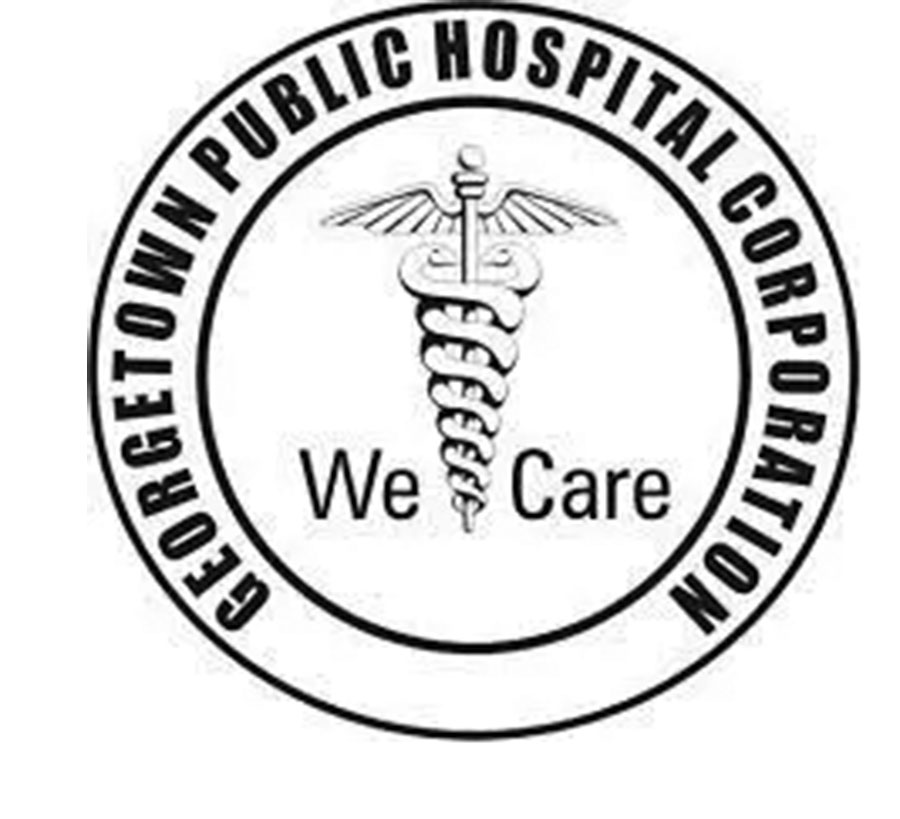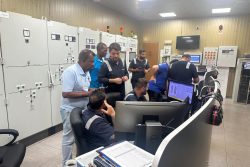As part of plans to tackle the current human resource crisis which he acknowledged Guyana is faced with, President Irfaan Ali has announced that talks are being held to source nurses from Cuba to fill the gap in the local health sector.
He was at the time responding to questions from the media at a press conference held at the Office of the President yesterday.
He said that one of the main issues currently plaguing the Caribbean is the outward movement of nurses and other health workers; pointing out that only yesterday he met with some of the nurses of the Georgetown Public Hospital who are doubling up on shifts because of the shortage.
He said that he has been informed by the hospital’s administration that there are hundreds of nurses short of their full complement.
Against this background, Ali said, “that is why we are moving massively on this training programme for nurses and bringing more nurses in the system;” even as he noted that shortages in Canada, the United Kingdom, the United States and the world at large, has resulted in an active drive of recruiting nurses.
To meet the demands created by the gap locally, the Head of State said that the immediate measure which will be put in place, is to have nurses come into the system from external sources.
It was here that he said his government is currently in talks with Cuba; from where Guyana plans to source nurses.
The President said that just yesterday morning he was engaged in lengthy discussions with that country’s ambassador, to explore ways of having Cuban nurses come to Guyana, as an immediate means of addressing what he described as a “tremendous” shortage.
He said, however, that the medium to long-term approach in arresting the crisis is continuous training for nurses above the capacity needed.
During his budget presentation on February 10, 2022, Health Minister Dr Frank Anthony had acknowledged the loss of nurses to overseas jobs.
Addressing opposition MP Tabitha Sarabo-Halley, Anthony said then that arbitrarily increasing wages was not the answer.
“As you would know, having served as the Minister of Public Service that to increase salaries that would require a lot more detail and studies to see how that can be done,” the Minister said.
He told the Committee of Supply that with the exception of Linden, nurse shortages plague every other area of the country, adding that the government is hoping to expand the nursing programme to be able to train more nurses. He further stated that they are also looking at having the nurses trained in specialized areas so as to address the issue of upward mobility.
“For a nurse to actually get upward mobility they have to complete midwifery training and sometimes if you’re not in that field why is it necessary that they must complete that to get upward mobility. Some of these pathways we are working on changing them and we are hoping to do some of that by the end of the year,” he said.
The Health Minister said that the active recruitment from Guyana is an issue and the system has been rapidly losing those nurses. He added that the government is looking at ways of slowing that down while acknowledging that the issue is one that cannot be eliminated.
“There are many things that can be put in place. First of all, if we look at the numbers of nurses we are able to graduate, that number is relatively small. So in terms of training more people to fill the gaps that is something we are going to be addressing.
“Then of course we have to address retention, That is a much bigger problem and that is to compete with the salaries that are being paid in the UK that is a very tall order and what is happening right now is when a nurse is offered a job, let’s say in the UK, that offer is not only for the nurse to go to the UK but for the entire family to accompany the nurse. So these are the dynamics we have and we have to work to see how we can slow it down or address it but it is a big challenge. That pull factor is a big challenge so we are working on it. I won’t say we have perfect solutions but we have to work on addressing some of these things,” he told the Committee.
On June 19 this year, the Ministry of Health’s, Health Sciences Division in collaboration with the Pan American Health Organisation/World Health Organisation and Coursera launched the Hybrid Professional Nursing Training Programme at the Ministry’s Brickdam Headquarters. This programme will see the first batch of 1,160 students from the ten administrative regions being trained as Registered Nurses for a period of three years.






